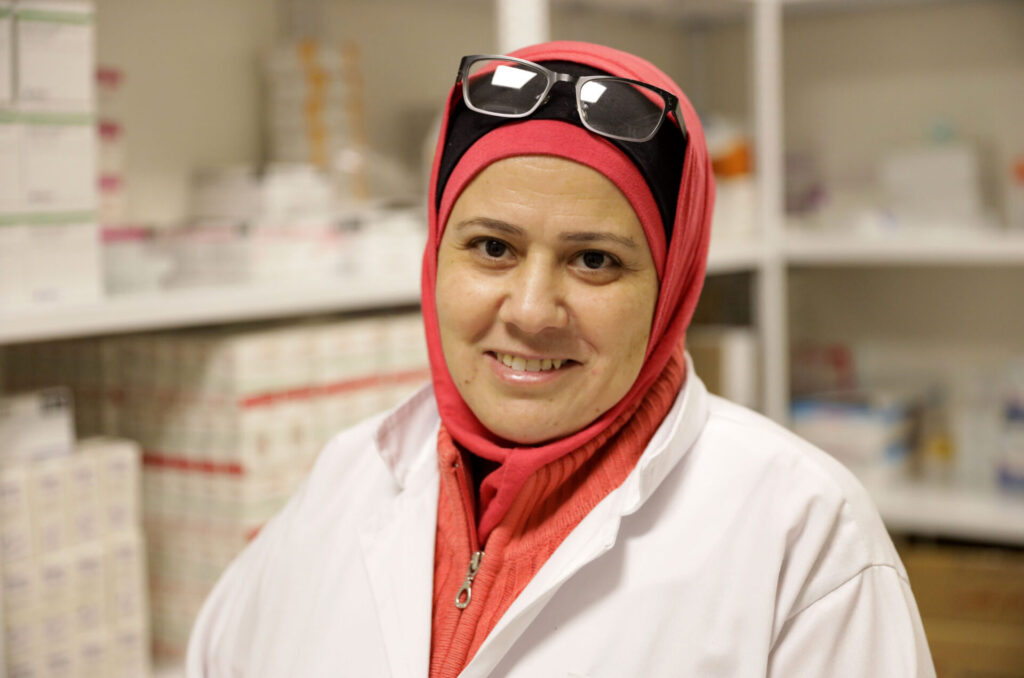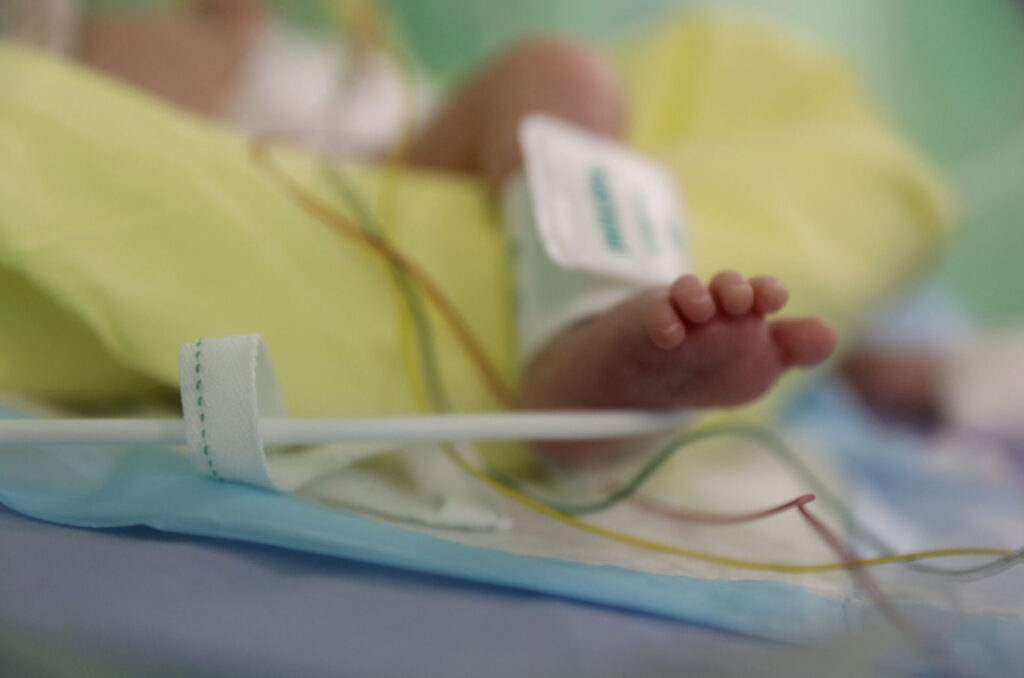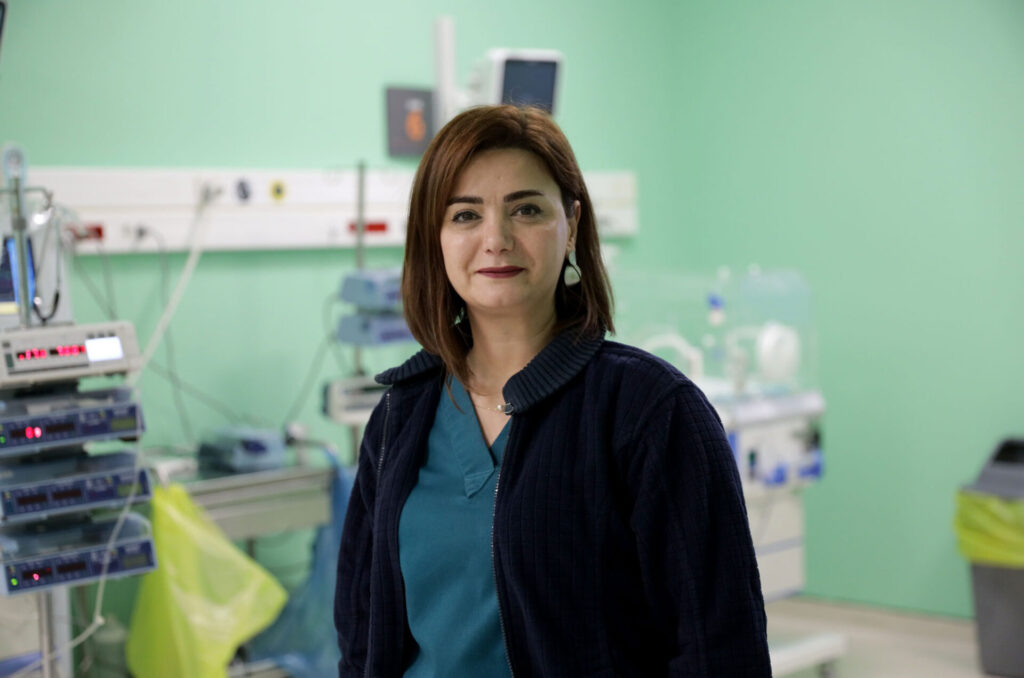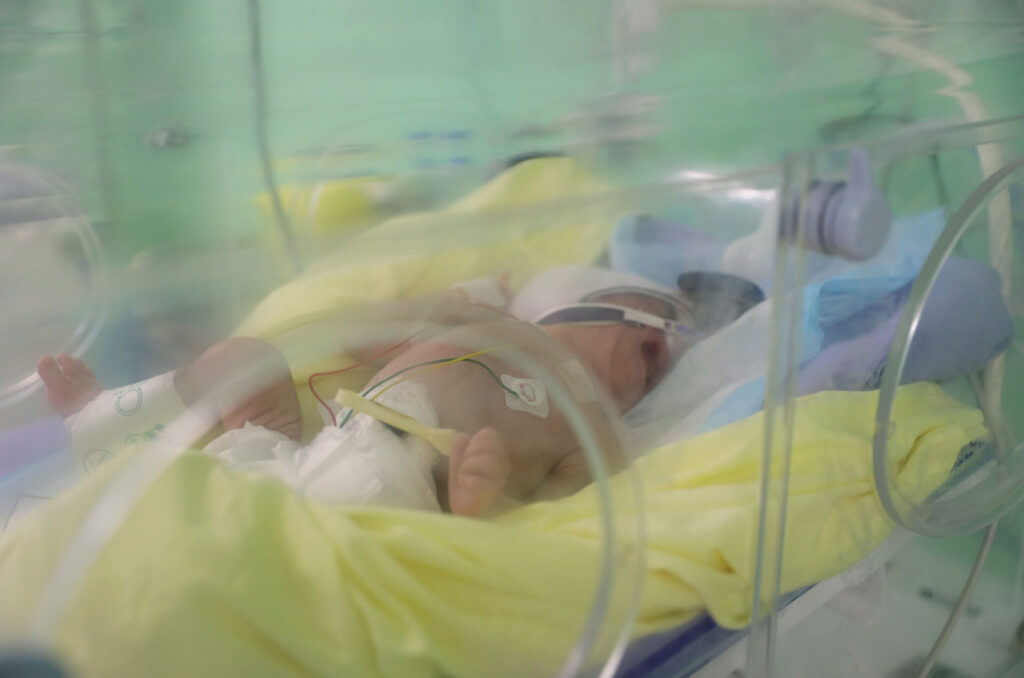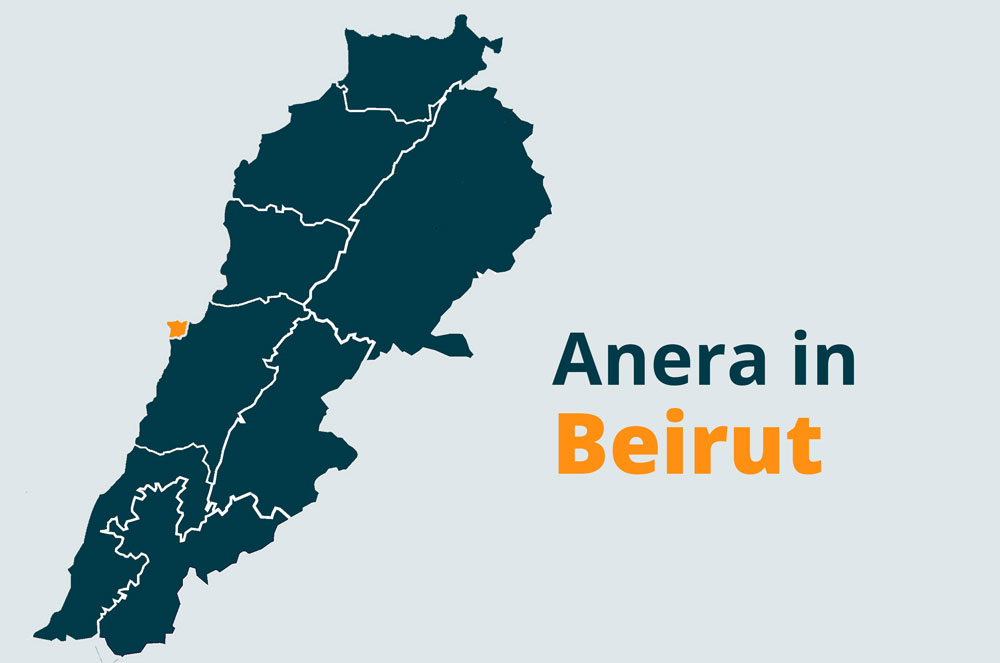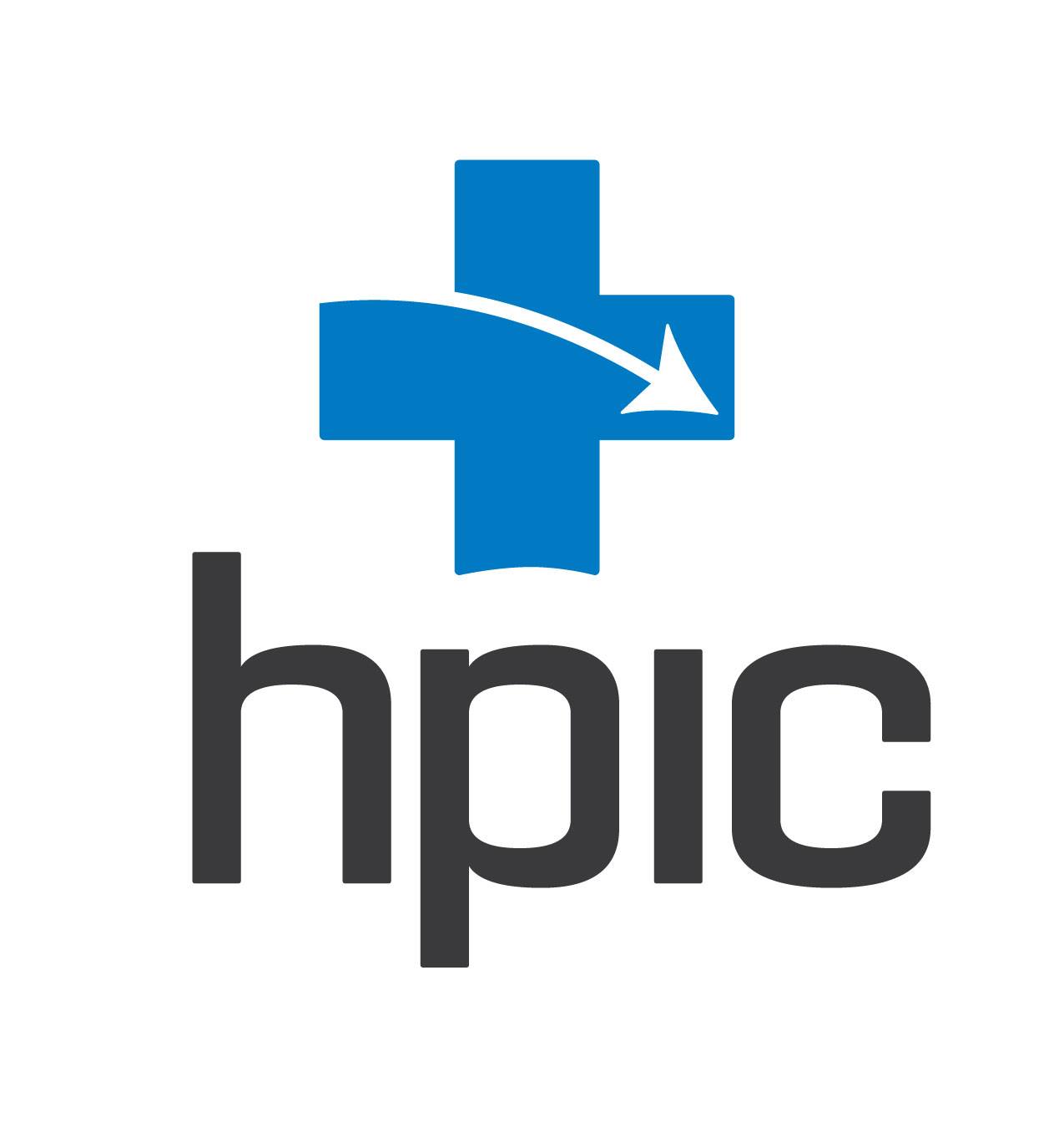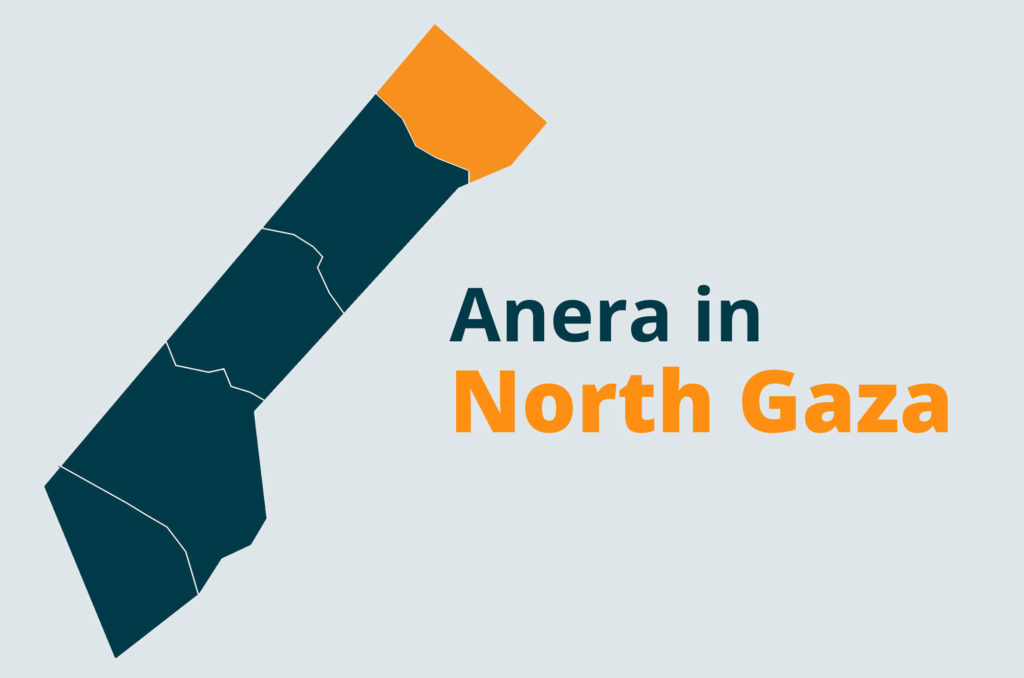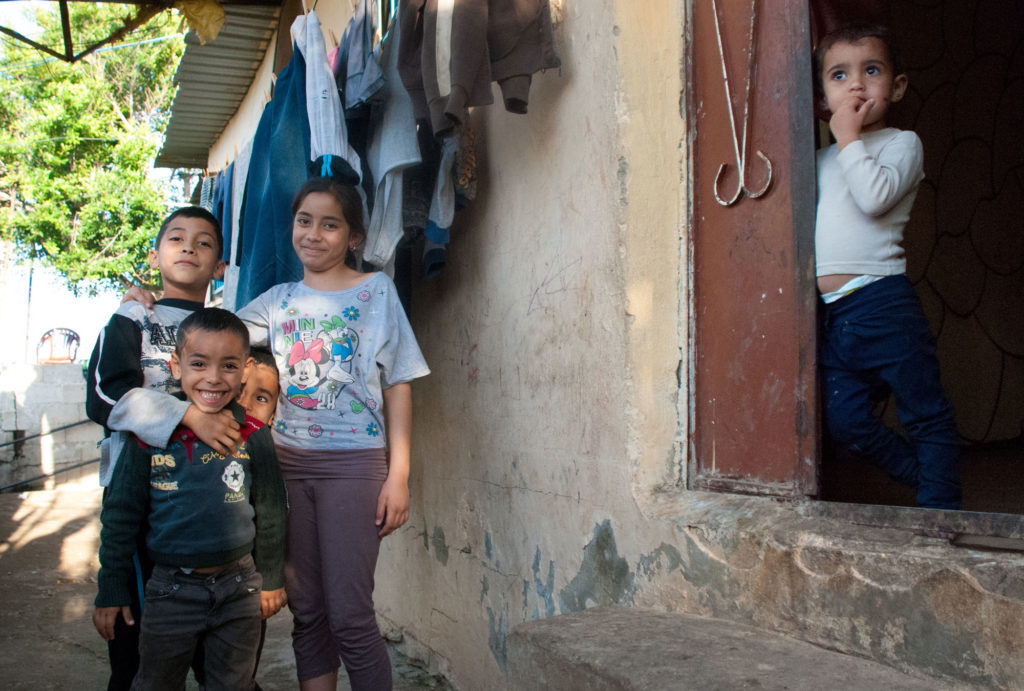Jan, 2024
Essential medicine donated by HPIC eases burden on families
In the middle of Lebanon's medical crisis, where the availability of essential medications faces constant challenges, A Neo-Life project — a partnership between Anera and Health Partners International of Canada (HPIC) — is making a significant impact on the lives of newborns and their families. The latest donation from HPIC has proved to be a glimmer of hope, addressing the critical shortage of medications and saving lives at Karantina Public Hospital and Tripoli Public Hospital.
Mariam Sinno, head pharmacist at Karantina Public Hospital, sheds light on the dire situation, stating,
“Despite the alleviation of the medical crisis and the increased availability of most medicines, some still vanish from the market. Prices have surged due to global inflation of exchange rates and challenges with bank transactions."
Sinno emphasizes the scarcity of high-demand medications like ampicillin and penicillin, crucial for treating infections in newborns, and highlights Anera and HPIC as the sole source of these life-saving drugs in the past three months.
“When these antibiotics are unavailable, doctors are compelled to resort to stronger medications, resulting in detrimental side effects on newborns," Sinno warns.




"Prices have surged due to global inflation of exchange rates and challenges with bank transactions."
Anera's intervention emerges as a lifesaver, filling the gaps in Lebanon's medical supply chain and ensuring that crucial medications reach those in need. Sinno commends HPIC and Anera for not only preventing potential health crises but also for significantly reducing medical expenses for patients.
Aline Kmeid, head ICU and neonatal intensive care unit (NICU) nurse, highlights the importance of donated medications like fluconazole, cefepime, and ceftazidime, in addition to ampicillin and penicillin, in saving lives.
"Premature births are on the rise in Lebanon, often due to mothers not receiving adequate medical attention during pregnancy, leading to higher rates of infections and premature or infected newborns. Essential medications like ampicillin and penicillin, which are unavailable in Lebanon, are critical for treating infections in premature and newborn babies," Kmeid says.
Kmeid emphasizes the effectiveness of donated medications in saving lives, especially for babies born under 32 weeks gestation.
“These donations directly contribute to reducing mortality rates among infants, allowing more babies to go home healthy with their parents."




"These donations directly contribute to reducing mortality rates among infants."
This recent shipment of 7,930 units of medications, including fluconazole, cefepime, ceftazidime, ampicillin, and penicillin, was distributed to Karantina Public Hospital and Tripoli Public Hospital, supporting at least 700 premature infants. Hospitals report admitting mostly Lebanese and Syrian infants to the NICU, reflecting the need for such medical aid to many vulnerable communities in Lebanon.
The donation is not only saving lives but also alleviating the financial burden on families. Anera’s medical team explains,
“Having a premature baby is sometimes a surprise for parents who are most often unprepared for costs other than delivering a baby."
By providing donations for neonates, Anera and HPIC are significantly decreasing the hospitalization bills paid by parents, offering much-needed relief during challenging times.
In a country grappling with healthcare challenges, Anera and HPIC's joint efforts testify to the positive impact that strategic partnerships and medical donations can have on vulnerable communities.
As Lebanon strives to rebuild its healthcare infrastructure, collaborations like these become beacons of hope, paving the way for a healthier and more resilient future.





